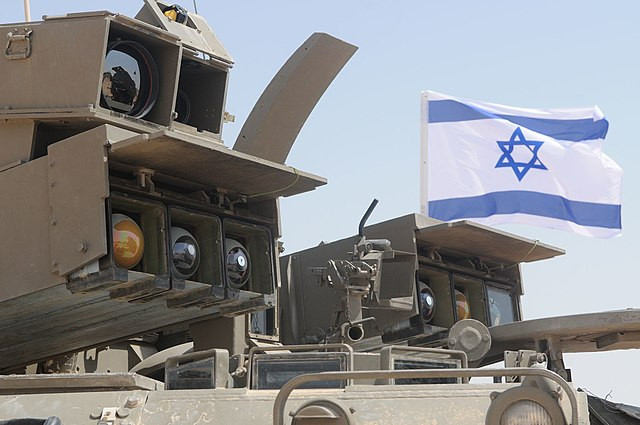Israel launched a targeted strike in Beirut, Lebanon, aimed at a senior Hezbollah commander. The strike was a direct retaliation for an attack in the Israeli-occupied Golan Heights that resulted in the deaths of twelve children. According to the Lebanese state news agency NNA, at least one person was killed and several others were injured in the strike, with some victims sustaining serious wounds.
Israel's Defense Minister, Yoav Gallant, stated on social media that "Hezbollah crossed the red line." This sentiment was echoed by Israel's national security minister, Itamar Ben-Gvir, who declared, "Every dog shall have his day" in a post on his official X account.
The Israeli military identified the target as Fu'ad Shukr, also known as al-Hajj Mohsin. Shukr is a senior adviser to Hezbollah's leader, Hassan Nasrallah, and a key figure in the group's "Jihad Council." The U.S. State Department has offered a $5 million reward for information on Shukr, designating him a "Specially Designated Global Terrorist" in 2019.
Despite the precision of the strike, a senior Lebanese official confirmed that Shukr survived. The aftermath saw scenes of chaos in southern Beirut, a Hezbollah stronghold. Videos showed emergency responders navigating streets strewn with rubble and debris, with five stories of the targeted building heavily damaged. The Lebanese Health Minister, Firas Abiad, reported that the strike killed another person and injured 35, three critically.
Hezbollah has denied responsibility for the Golan Heights attack, although they acknowledged firing rockets at Israeli military targets. The Iran-backed group and its allies, including the Iranian Embassy in Lebanon, condemned the strike, calling it a "cowardly and sinful Israeli aggression."
The Israeli Defense Forces (IDF) stated the strike aimed at the commander responsible for the Majdal Shams attack, which killed twelve children and injured 44 people. This incident has significantly heightened fears of an all-out war in the region.
Lebanese Foreign Minister Abdallah Bou Habib condemned the Israeli strike and announced plans to file a complaint with the United Nations. He expressed hope that Hezbollah's response would not escalate the conflict further. "Hopefully any response will be proportionate and will not be more than that," he said, emphasizing the desire to halt the wave of violence.
U.S. Defense Secretary Lloyd Austin remarked that while he did not believe a fight between Hezbollah and Israel was inevitable, the potential for escalation remained a concern. The situation has led to increased diplomatic efforts to contain the fallout.
In the broader context, Israel's strike represents its most significant escalation with Hezbollah since tensions flared in early October. Both sides have exchanged fire, primarily near the border, since the Gaza conflict erupted. Israeli officials have maintained that their military will target any entity responsible for harming their citizens but expressed a desire to avoid regional war. "As long as the aggression stops and the terrorist threats posed against our citizens are removed, life can go back to normal in both Israel and Lebanon," they stated.






